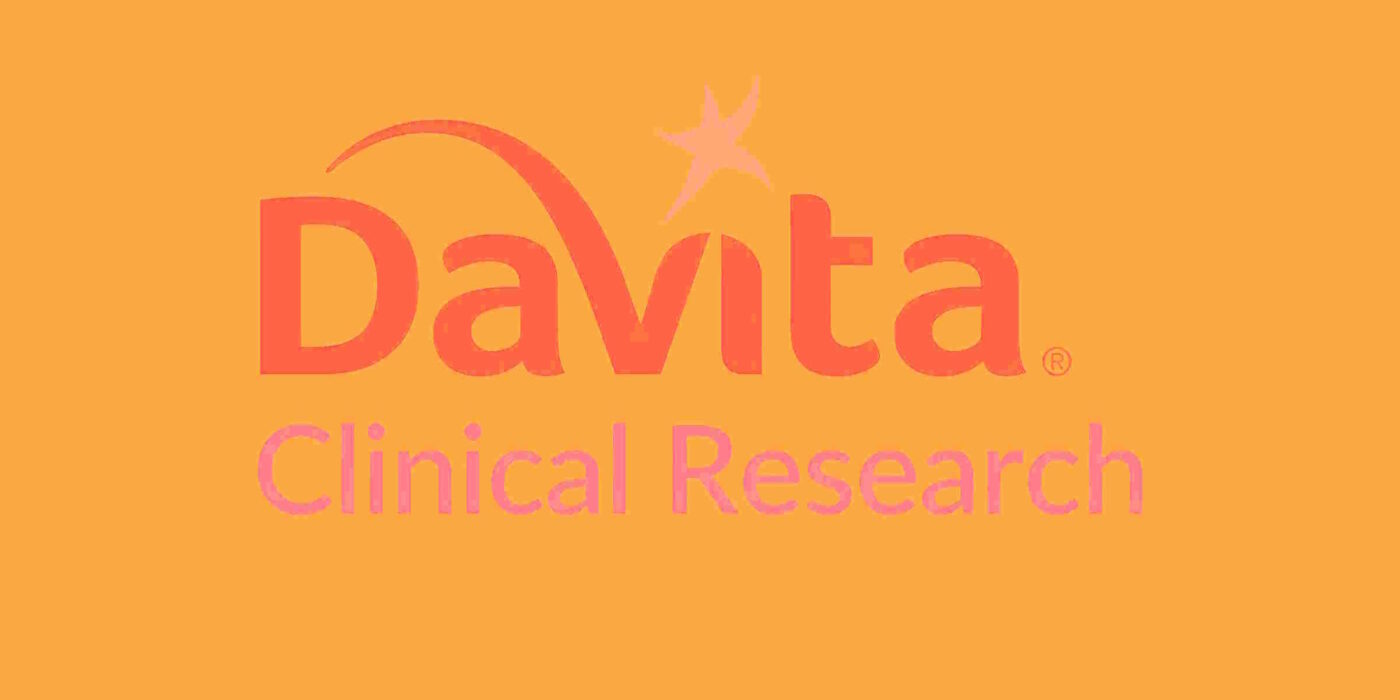
Healthcare companies are pushing the status quo by innovating in areas like drug development and digital health. Despite the rosy long-term prospects, short-term headwinds such as COVID inventory destocking have harmed the industry’s returns - over the past six months, healthcare stocks have collectively shed 13.3%. This drawdown was worse than the S&P 500’s 5.8% fall.
Investors should tread carefully as the influx of venture capital has also ushered in a new wave of competition. Keeping that in mind, here are three healthcare stocks we’re swiping left on.
DaVita (DVA)
Market Cap: $11.04 billion
With over 2,600 dialysis centers across the United States and a presence in 13 countries, DaVita (NYSE: DVA) operates a network of dialysis centers providing treatment and care for patients with chronic kidney disease and end-stage kidney disease.
Why Is DVA Not Exciting?
- Sizable revenue base leads to growth challenges as its 2.4% annual revenue increases over the last five years fell short of other healthcare companies
- Flat treatments over the past two years show it’s struggled to increase its sales volumes and had to rely on price increases
- Estimated sales growth of 5% for the next 12 months is soft and implies weaker demand
DaVita is trading at $143.63 per share, or 12.7x forward P/E. If you’re considering DVA for your portfolio, see our FREE research report to learn more.
West Pharmaceutical Services (WST)
Market Cap: $15.43 billion
Founded in 1923 and serving as a critical link in the pharmaceutical supply chain, West Pharmaceutical Services (NYSE: WST) manufactures specialized packaging, containment systems, and delivery devices for injectable drugs and healthcare products.
Why Does WST Give Us Pause?
- Sales were flat over the last two years, indicating it’s failed to expand this cycle
- Day-to-day expenses have swelled relative to revenue over the last two years as its adjusted operating margin fell by 5.7 percentage points
- Eroding returns on capital suggest its historical profit centers are aging
At $214.74 per share, West Pharmaceutical Services trades at 33.5x forward P/E. Dive into our free research report to see why there are better opportunities than WST.
Bristol-Myers Squibb (BMY)
Market Cap: $95.4 billion
With roots dating back to 1887 and a transformative merger in 1989 that gave the company its current name, Bristol-Myers Squibb (NYSE: BMY) discovers, develops, and markets prescription medications for serious diseases including cancer, blood disorders, immunological conditions, and cardiovascular diseases.
Why Do We Think Twice About BMY?
- Large revenue base makes it harder to increase sales quickly, and its annual revenue growth of 1.9% over the last two years was below our standards for the healthcare sector
- Sales are projected to tank by 4.4% over the next 12 months as demand evaporates
- Eroding returns on capital from an already low base indicate that management’s recent investments are destroying value
Bristol-Myers Squibb’s stock price of $46.85 implies a valuation ratio of 7.1x forward P/E. Read our free research report to see why you should think twice about including BMY in your portfolio.
Stocks We Like More
Market indices reached historic highs following Donald Trump’s presidential victory in November 2024, but the outlook for 2025 is clouded by new trade policies that could impact business confidence and growth.
While this has caused many investors to adopt a "fearful" wait-and-see approach, we’re leaning into our best ideas that can grow regardless of the political or macroeconomic climate. Take advantage of Mr. Market by checking out our Top 6 Stocks for this week. This is a curated list of our High Quality stocks that have generated a market-beating return of 175% over the last five years.
Stocks that made our list in 2019 include now familiar names such as Nvidia (+2,183% between December 2019 and December 2024) as well as under-the-radar businesses like United Rentals (+322% five-year return). Find your next big winner with StockStory today for free.




